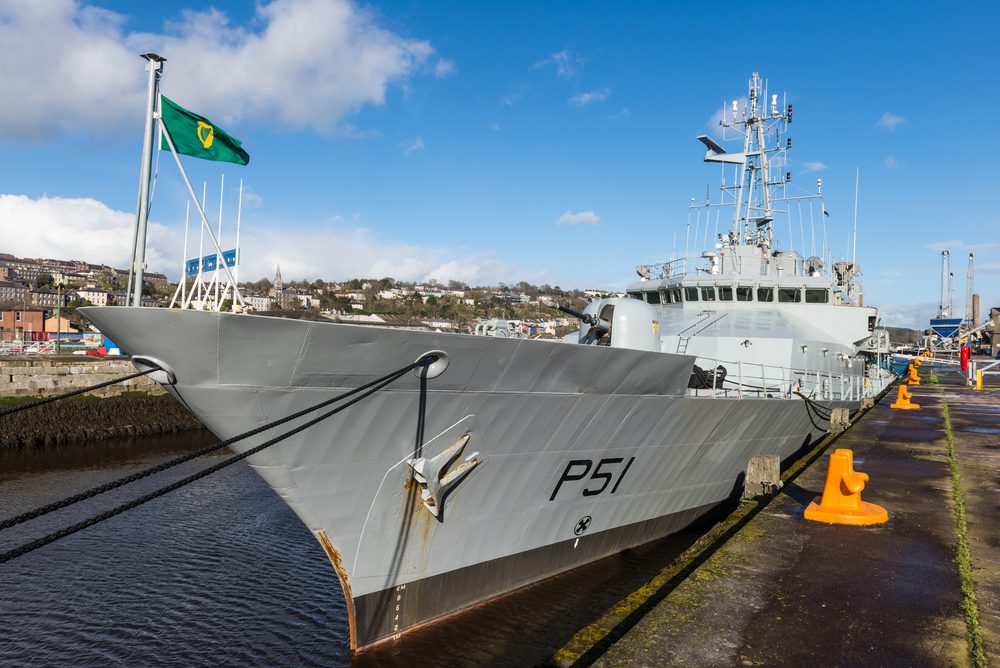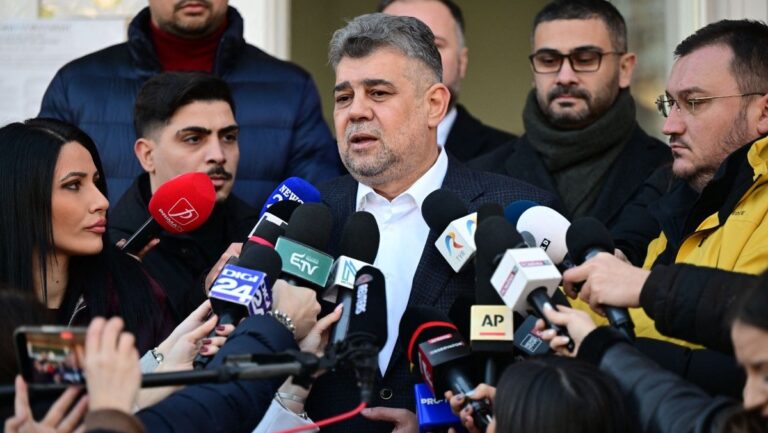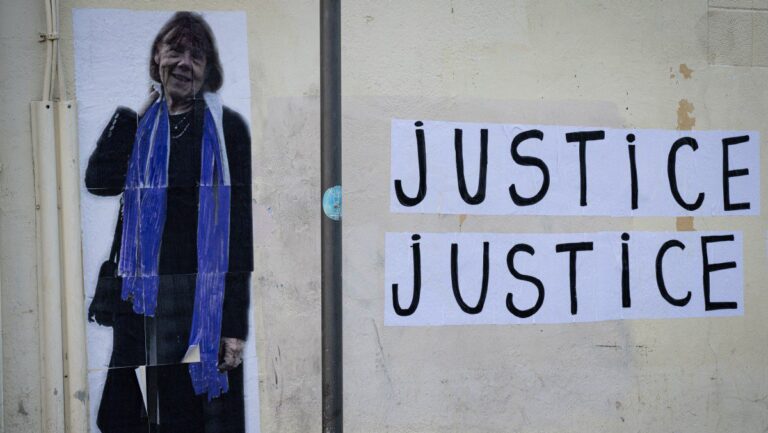The Republic of Ireland will negotiate a new partnership framework with NATO it was revealed after the Irish Minister for Foreign Affairs Micheál Martin announced a landmark shift away from the country’s traditional policy of neutrality in a speech to the Irish Parliament (Dáil Eireann) Thursday, May 18th.
Ireland has been under fire for maintaining its decades-old non-aligned outlook since the outbreak of war in Ukraine with NATO expressing concern that the deepsea infrastructure around Ireland is vulnerable to sabotage by the Kremlin.
The Irish state has been embarrassed on the international stage for its dysfunctional defence policy with documents revealing the covert role played by the UK’s RAF in defending Irish skies due to the lack of a viable Irish air force.
NATO is horrified at the prospect of the Irish Navy, currently without any operational ships due to a staffing shortage, defending vital deep sea cables supporting the global internet with the Irish Defence Forces suffering from a staff retention crisis due to a worsening cost of living crisis.
Speaking to the Irish Parliament Martin outlined his belief that Irish neutrality would not save the country from malign actors and the necessity of the country to enhance its cooperation with the EU and NATO.
The Republic has long been inching towards joining the NATO alliance despite a lack of public support with Ireland already partaking in NATO cyber defence initiatives and EU Battlegroups.
Martin downplayed the potential for Ireland to join an EU army but expressed his belief in the need to challenge the nation’s “triple lock” protocol which requires the UN to sign off on the deployment of any Irish military personnel abroad. NATO advocates say the need for the UN to approve any deployment of Irish troops offers Russia unfair veto powers over Irish military affairs.
Irish public opinion is firmly against NATO membership with a majority of citizens against joining the alliance.
Ireland Must Retain its Neutral Status. There is No Requirement for Ireland to Join NATO to Guarantee Security. We Need To Invest Creatively in Air, Sea, Ground & Cyber Defences & Pay our @defenceforces a Living Wage – Neutral Ireland a Powerful Voice for Peace & Justice pic.twitter.com/c6iWzVKz0Y
— Dr Tom Clonan (@TomClonan) May 18, 2023
Opposition to NATO comes from both the political left and the right in Ireland motivated by a residual sense of sovereignty and discomfort with aligning with the British Army over past atrocities in Ireland.
The Republic’s largest opposition party Sinn Féin engendered criticism among its grassroots for a recent policy decision to drop plans to withdraw from any EU or NATO defence agreements as the party seeks to enter government at the next general election.
EU and NATO officials are meeting in the Irish port city of Cork this week to decide on future naval policy with the Irish government planning a national summit to ease the country towards greater NATO involvement.
Today and tomorrow NATO and European naval chiefs are meeting in Cork.
— Mick Barry TD (@MickBarryTD) May 17, 2023
Micheal Martin didn't deny that he was attending, only saying that he was "invited"#NoToNATO pic.twitter.com/haEa5yK6D2
Far from the battlelines, the war in Ukraine has impacted Ireland dramatically over the Irish government’s refugee programme. Protests against asylum seekers turned violent over the weekend in Dublin as a migrant camp was burnt down with blockades sprouting up around the country as rural citizens take direct action at new asylum centres.
Ireland has accepted just under 100,000 refugees since the start of the war with Irish politicians running against the tide of public opinion in an attempt to drag the country into the western military alliance by the backdoor.





